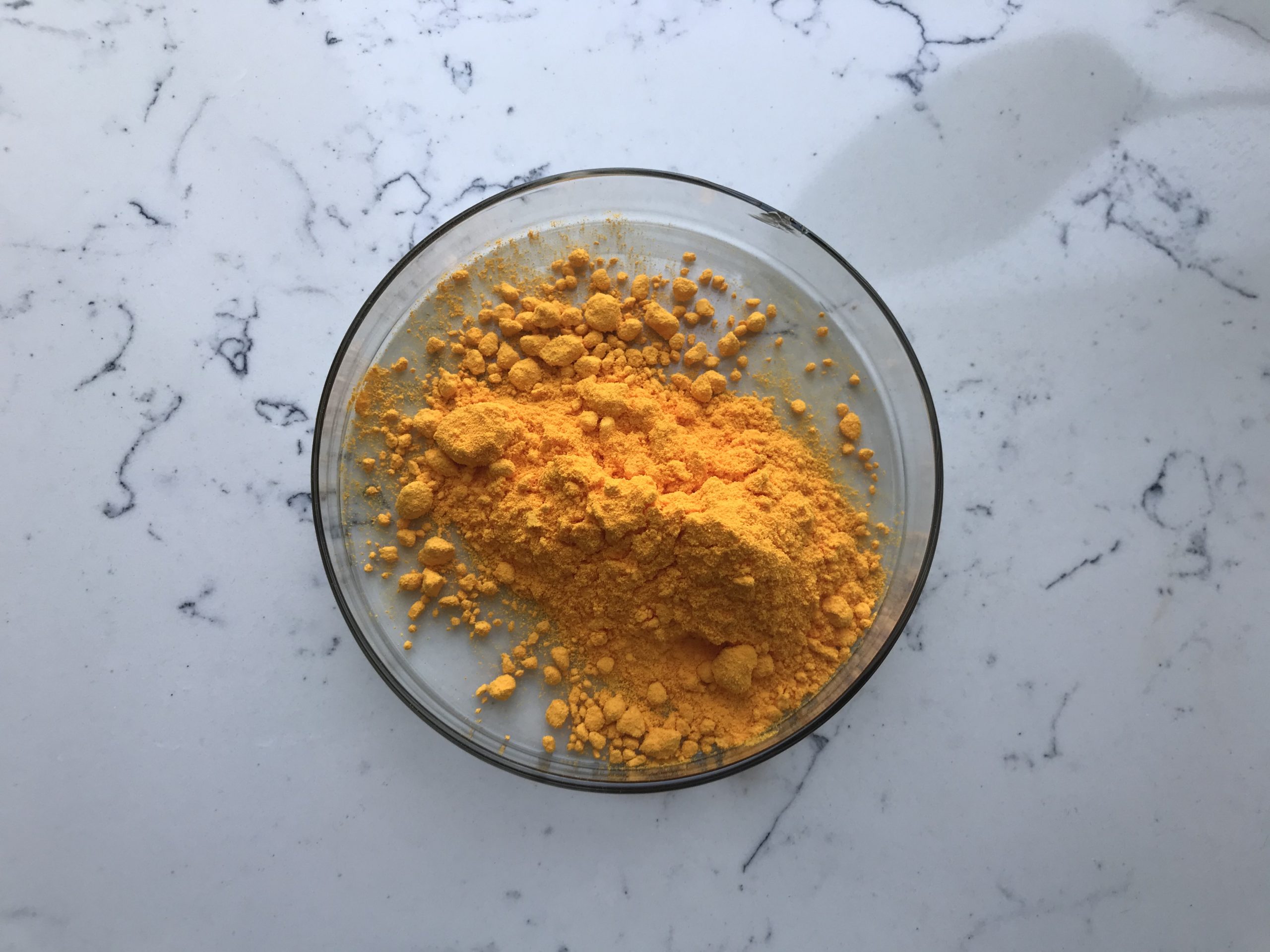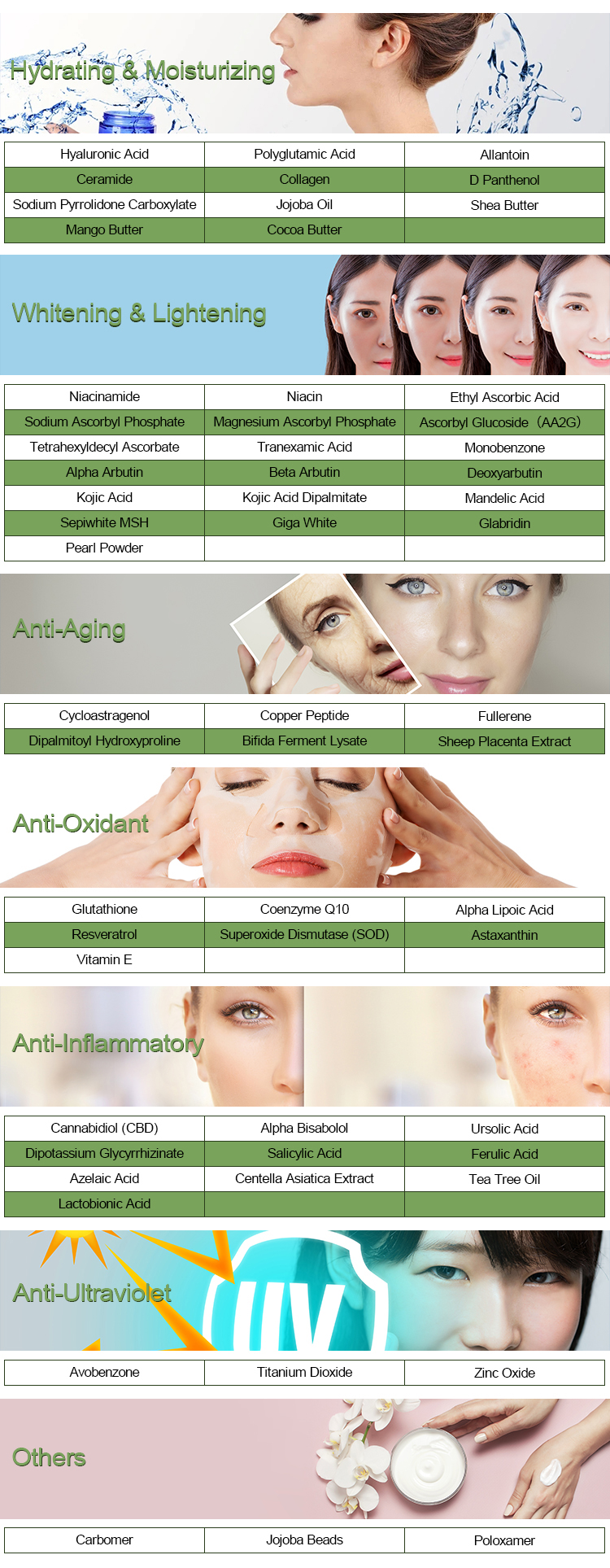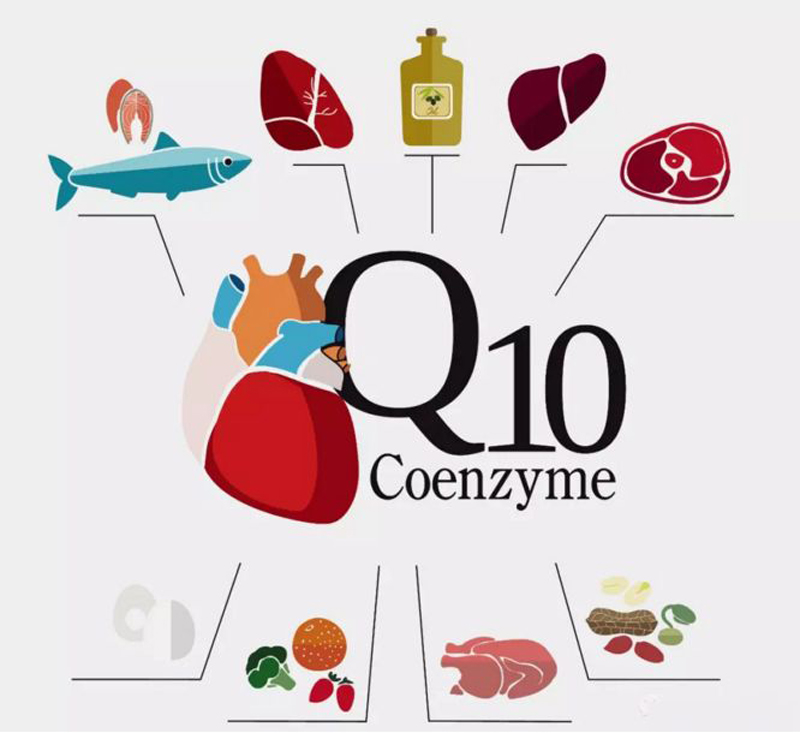Identification of Coenzyme Q10 (CoQ10), a lipid-soluble antioxidant and essential component of the mitochondrial electron transport chain, can be achieved through several analytical methods. Commonly used methods include:
- High-Performance Liquid Chromatography (HPLC): This is one of the most common methods for identifying and quantifying Coenzyme Q10. HPLC with UV or electrochemical detection is often used due to its sensitivity and accuracy. Coenzyme Q10 absorbs UV light at around 275 nm, which can be detected after separation in the HPLC system.
- Mass Spectrometry (MS): Coupling HPLC with MS (HPLC-MS or LC-MS) enhances the specificity of Coenzyme Q10 identification. MS provides precise mass data, allowing for accurate identification and quantification of Coenzyme Q10, especially when combined with tandem MS (MS/MS).
- Gas Chromatography-Mass Spectrometry (GC-MS): This method is also effective for Coenzyme Q10 analysis but typically requires derivatization due to Coenzyme Q10’s non-volatility. It is useful for distinguishing Coenzyme Q10 from other similar compounds.
- Spectrophotometry: Although less specific, spectrophotometric methods are sometimes used, especially when rapid or preliminary screening is required. Coenzyme Q10’s absorption in the UV range allows for spectrophotometric detection.
- Electrochemical Detection (ECD): Coenzyme Q10 can undergo redox reactions, making it detectable by electrochemical methods. ECD is often paired with HPLC to enhance sensitivity and specificity, especially for Coenzyme Q10 present in low concentrations.
- Nuclear Magnetic Resonance (NMR) Spectroscopy: NMR can provide structural information about Coenzyme Q10 but is less sensitive than HPLC or MS. It’s generally used when detailed structural analysis is needed rather than routine quantification.

In practice, HPLC with UV, MS, or electrochemical detection is most commonly used for reliable identification and quantification of Coenzyme Q10 in biological and commercial samples.
Use of Coenzyme Q10
Coenzyme Q10 (CoQ10), also known as ubiquinone, is a naturally occurring antioxidant found in the body that plays a critical role in cellular energy production. It is essential for the function of mitochondria, which generate energy in the form of adenosine triphosphate (ATP) for various cellular processes. Coenzyme Q10 has several applications, particularly in health, wellness, and certain medical treatments.
Uses and Benefits of Coenzyme Q10:
1.Heart Health
- Coenzyme Q10 is commonly used to support cardiovascular health. It helps improve symptoms of heart conditions, such as heart failure, by increasing cellular energy production and reducing oxidative stress in the heart.
- Some studies suggest that Coenzyme Q10 can help lower blood pressure and improve blood vessel function, potentially benefiting people with hypertension.
2.Energy Production and Fatigue Reduction
- Coenzyme Q10 can improve physical endurance and reduce fatigue by enhancing mitochondrial function and ATP production. This can be particularly helpful for people with conditions that cause chronic fatigue, such as fibromyalgia or chronic fatigue syndrome.
3.Antioxidant Effects
- As a potent antioxidant, Coenzyme Q10 helps protect cells from damage caused by free radicals. This function is important for slowing down the aging process and reducing the risk of age-related diseases, such as Alzheimer’s.

4.Migraine Prevention
- Coenzyme Q10 supplements may reduce the frequency and severity of migraines. Research shows that low Coenzyme Q10 levels are often present in people with migraines, and supplementing with it can help reduce symptoms.
5.Improvement of Skin Health
- Topical Coenzyme Q10 may help reduce signs of skin aging. Its antioxidant properties help neutralize skin-damaging free radicals from sun exposure and pollution, potentially reducing wrinkles and promoting collagen production.
6.Support for Diabetes Management
- Coenzyme Q10 can improve insulin sensitivity and blood sugar control, benefiting people with type 2 diabetes. Its role in reducing oxidative stress may also reduce diabetes complications.
7.Boosting Fertility
- Coenzyme Q10 may support reproductive health by improving egg quality in women and sperm quality in men, which can be particularly helpful for those experiencing infertility due to age or oxidative stress.
8.Statin-Induced Muscle Pain Relief
- Statins, which are cholesterol-lowering drugs, can deplete Coenzyme Q10 levels, leading to muscle pain as a side effect. Supplementing with Coenzyme Q10 may reduce this discomfort by replenishing levels in muscle tissue.

Common Dosage
- For general supplementation: 30–200 mg per day is common.
- For specific health conditions (such as heart failure or migraines): 100–400 mg per day, often divided into smaller doses.
Possible Side Effects
Coenzyme Q10 is generally well-tolerated, but mild side effects like nausea, diarrhea, and loss of appetite can occur in some people.
